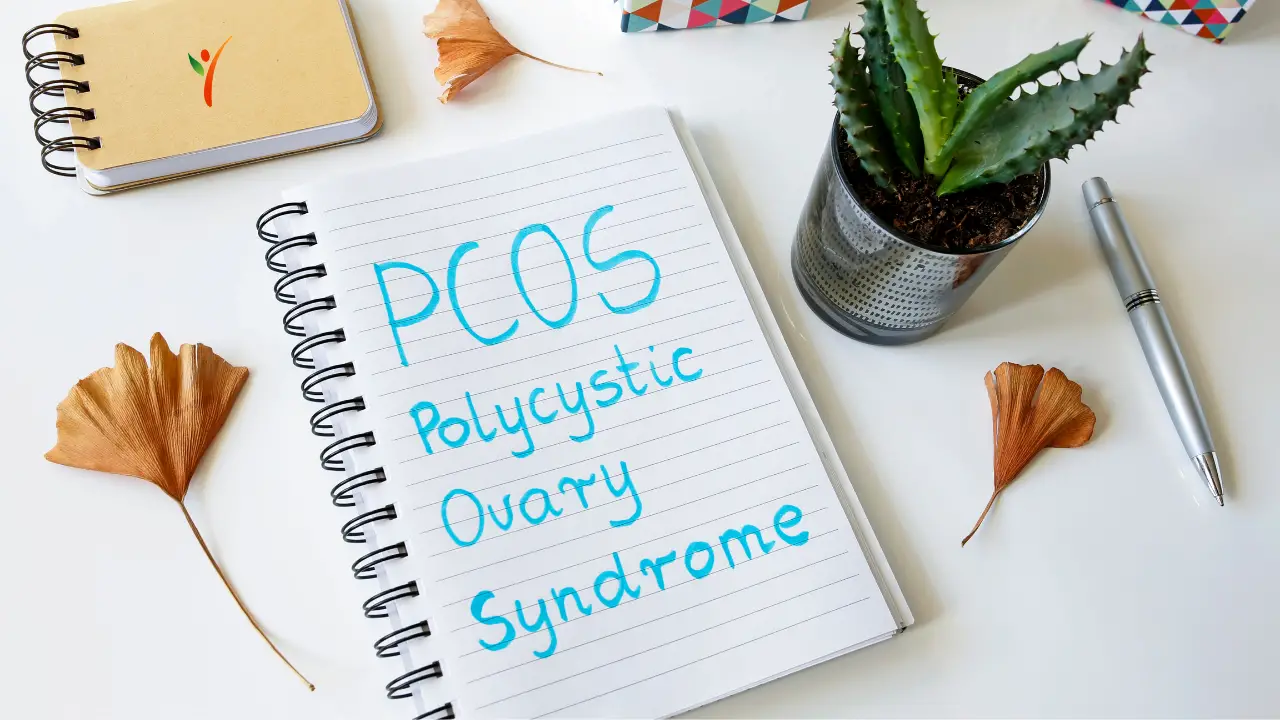Polycystic Ovarian Syndrome is not very widely spoken of, even though it affects nearly 1 in 5 women globally. PCOS is not talked about much, and women's physical health is left to suffer. But you do not have to suffer in silence.
You must speak up and consult your doctor. Although PCOS is not a completely curable condition, you can control it with the right dietary changes and lifestyle improvement.
Since many people widely advocate eating gluten-free food and a gluten-free lifestyle in general, they may have wondered if a gluten-free diet helps with PCOS too?
To answer whether a gluten-free diet helps with PCOS, we first need to understand the relationship between gluten and PCOS. Here is a fundamental analysis for you.
Gluten And PCOS

Researches show the connection between gluten and PCOS. But the fact that many women are gluten sensitive and have PCOS is not well known.
PCOS occurs due to the inflammation of the ovaries and the formation of cysts due to insulin resistance.
While other factors may be responsible for this insulin resistance, it also results from many women's unhealthy diet.
Women who consume many kinds of wheat, rye, or barley-based food products daily can suffer from chronic inflammation. Although inflammation is not always due to gluten consumption, it can be a factor.
Women who go on a gluten-free diet tend to notice a reduced inflammation level and keep their PCOS in check. To keep PCOS under control, the size of the cysts budding on the ovaries must be small. This shrinking of the cysts can only happen by following a good diet.
Another major factor that helps with treating PCOS is getting your hormones in control. Hormones can wreak havoc on physical health, and their imbalance is a major cause of PCOS. However, you can treat this hormonal imbalance with some medicines combined with a good and healthy diet.
When girls and women with PCOS made a significant dietary change and opted to go completely gluten-free, they saw a visible difference in their condition. The ones who completely stopped gluten or even drastically reduced its consumption saw an evident reduction in their inflammation.
But there is no fool-proof guarantee that going on a gluten-free diet will work for everyone. Since everybody's body is different, there is no evidence it will work for everyone.
But if gluten-free and PCOS are related, then how does a gluten-free diet help with PCOS?
How Does A Gluten-Free Diet Help With PCOS?
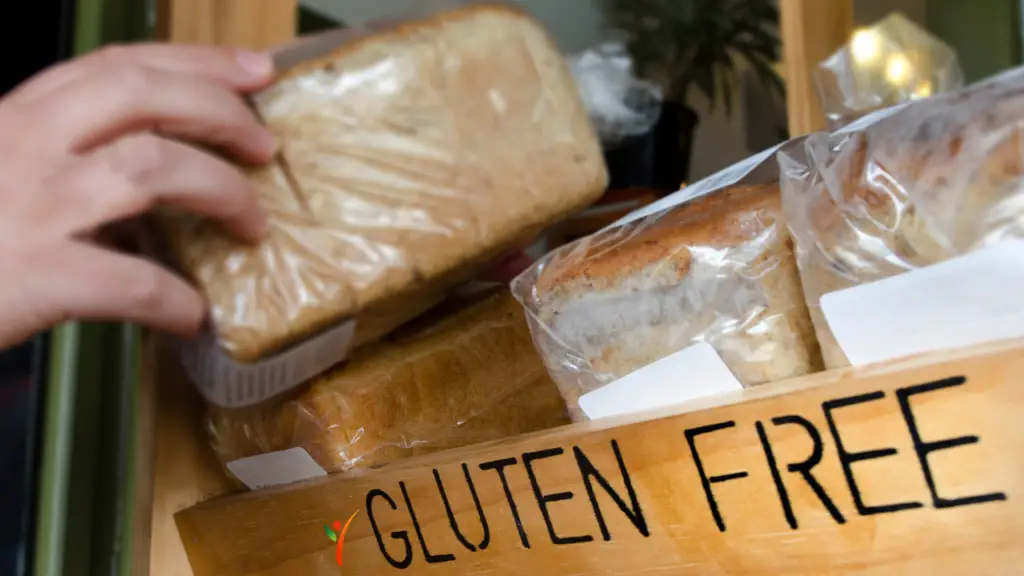
People who have celiac disease or have gluten sensitivity can follow it too. But what about those who do not suffer from either of these? Is it safe for them to follow a gluten-free routine?
Well, most experts advise against doing so.
Even though gluten is not very good for the body, gluten foods also have other essential nutrients. If you choose to cut out on gluten, you also may cut out the nutrients, vitamins, and proteins that your body needs daily. How then does a gluten-free diet help with PCOS?
Gluten is responsible for any adverse symptoms like bloating, weight gain, headaches, and many more. And the most important and helpful tip to treat PCOS would be losing weight. It might be quite difficult for women with PCOS to lose the extra weight because of the hormonal imbalance, but you should take every possible measure and precaution to do so.
A gluten-free diet may not be the only way of treating PCOS, but it indeed is one of the exceptionally effective ones. Losing weight can be an arduous task with all your hormones going haywire, but if a gluten-free diet helps you do so, there is no harm in trying it out after consulting your doctor.
But the fact is that just because you go gluten-free does not mean you will start losing weight instantly. The weight loss that eventually happens on a gluten-free diet is not because of the gluten that is missing in the food but rather because of cutting down on gluten-containing food, which also has high amounts of carbohydrates fat content in them.
If you start eating clean and stop eating the junk, your body will instantly notice a visible change. Also, along with your gluten-free diet, you must keep your body active. Being lethargic all day and not allowing your body to get any exercise can damage your health when you have PCOS.
That is why a gluten-free diet combined with a moderate amount of exercise is your road to betterment when you have Polycystic Ovarian Syndrome.
You must also keep in mind that you can put on even more weight if you do not correctly follow your gluten-free diet. One may think that just because one is consuming gluten-free food, it is entirely healthy.
You must pay careful attention to the labels of all the food you consume and check for their carbohydrate and fat content. Most of the time, the substitutes of gluten-containing foods have more carbs and fat, which may end up causing you to put on even more weight than before.
Research On Eating A Gluten-Free Diet And PCOS

Although there may not be enough evidence to prove that a gluten-free diet can help treat PCOS successfully, one may follow it for many reasons, and most women have even testified about it working for them.
Irrespective of a woman's Body Mass Index, those affected with PCOS have a higher CRP value. If such women regularly consume food that has wheat or other grains containing gluten.
It may cause chronic inflammation in the cysts around their ovaries and give rise to new autoimmune diseases.
- PCOS happens when the amount of the Estrogen hormone in a woman's body is more than it should be. Gluten acts as one major hormone disruptors.
- It is because wheat and other grains, in general, contain the most amount of gluten, and to make it worse, they go through pesticide processing before reaching your home.
- These pesticides mimic the real estrogen hormone and act as xenoestrogens, causing an even more rise in estrogen hormones in a woman's body.
- So those affected with PCOS are even more challenged if they consume gluten regularly.
You should forgo all the wheat products because they have a very high level of carbohydrate content.
Factually, only 100g of wheat contains a whopping 71g of carbohydrates. The amount of proteins in 100g of wheat is merely 12.61g. It makes it quite unhealthy to consume and causes an unnecessary increase in weight.
Any food with a high glycemic index is unhealthy for your body, especially when you have PCOS. That is why you must always keep your insulin levels in check to control your testosterone levels.
When so many foods affect someone with PCOS, what can they eat without fearing the consequences?
Well, sticking to a particular diet may get a little tricky, but you need to follow it nonetheless to keep your health good.
The foods that you need to avoid altogether in your daily diet when you have PCOS are as follows:

Refined Carbohydrates In High Amounts
- Bread (whether white or brown)
- Muffins
- Cakes
- Pastries
- Refined flour food dishes
Pasta
- Semolina Durum flour
- Durum wheat
If you crave pasta, you can have ones with bean or lentil flour instead of the ones mentioned above as they are high in carbs and very low in fiber.
Carbonated Drinks
- Any types of soda
- Processed juices
- Sugary drinks in general
If you enjoy having beverages, you can always opt for natural fruit juices instead of packed and processed ones or even sodas. Both contain a high amount of sugar, which only increases fat content in your body.
And if you want to have optimal health and keep your body free of all kinds of junk, water is the best drink you can have! Not only will it keep you hydrated, but it will also flush out all the toxins in your body.
Good Food Options For PCOS
When affected by PCOS, the general requirement for a diet is to keep the carbohydrate and fat content less. What then should you consume to facilitate the smooth functioning of your body?
Food Rich In Fiber
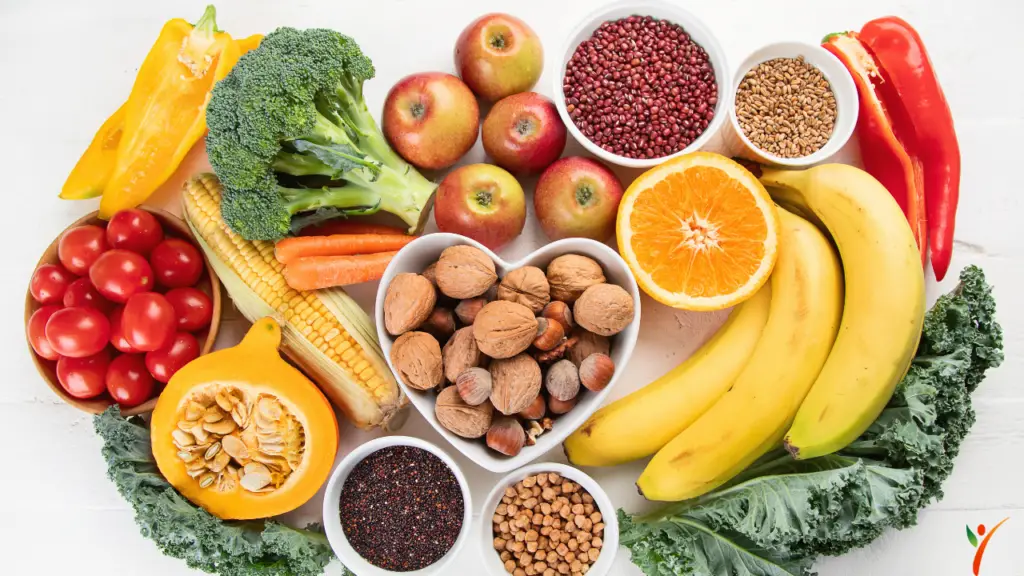
When you have foods rich in fiber, they help in fighting the insulin resistance in your body. It happens when the digestion process slows down, and thus the impact of sugar on blood is lessened. This whole scenario works best in favor of women affected by PCOS.
– Veggies like Broccoli, Brussels Sprouts, cauliflower, spinach, arugula, beets, bell peppers, and beans
- Green veggies like lettuce
- All beans and lentils
- Nuts like pistachios, almonds, walnuts
- Dates
- All types of berries, especially gooseberry and blueberry
- Sweet potatoes (always the best option instead of regular potatoes due to their low carb, starch, and fat content.)
- Pumpkin
Foods Rich In Proteins
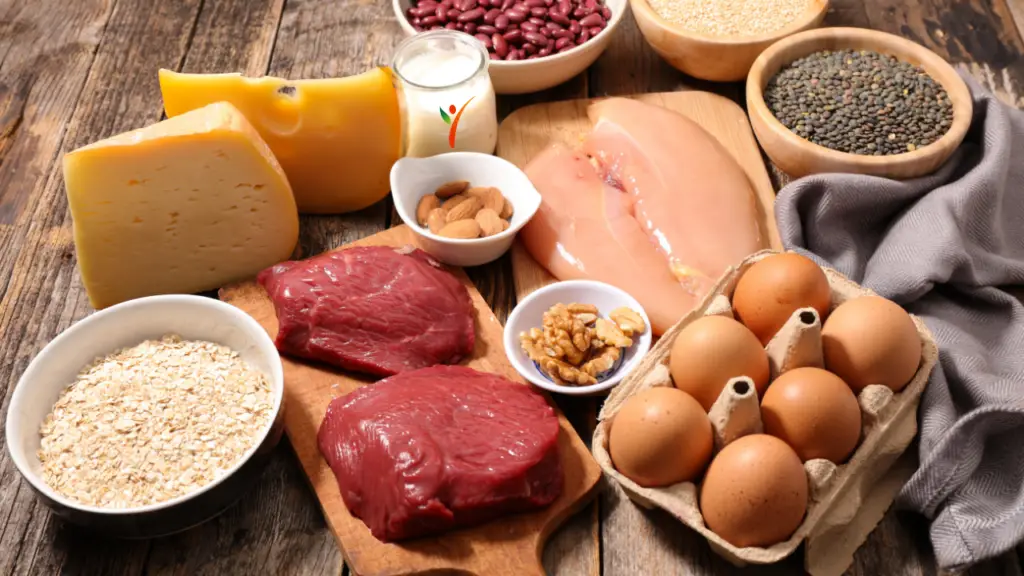
Eating proteins automatically eliminates the fat accumulated in the body, thus aiding in your weight loss. That is why you need to eat as much protein as possible instead of high fat-containing food.
- Lean proteins – tofu, chicken, and fish
- But you must also eliminate food like red meat and processed meats
Foods That Reduce Inflammation
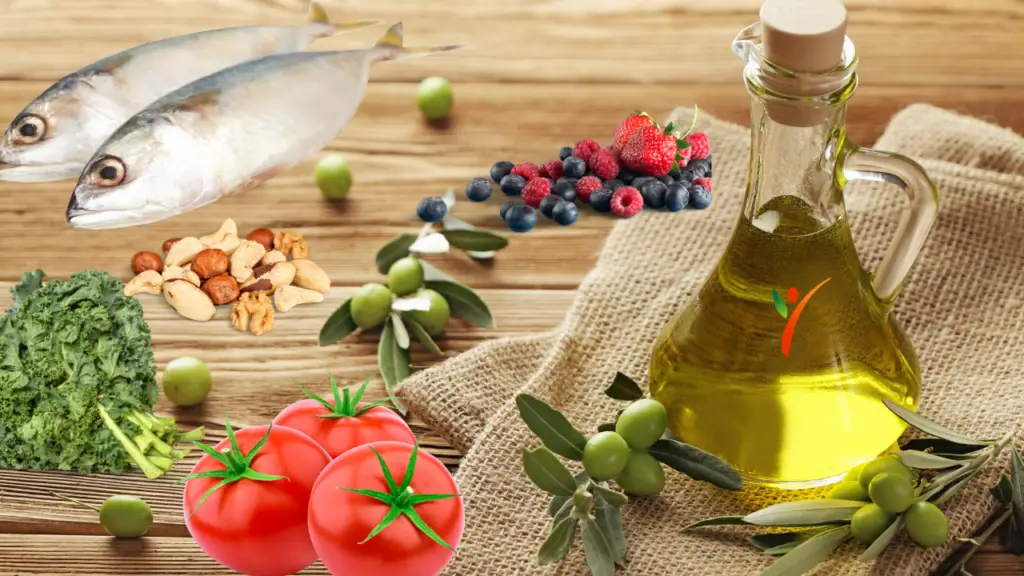
Since gluten causes inflammation in the body, women with PCOS must consume foods that help to reduce this and thus help in reducing the symptoms of PCOS
- Olive oil
- Tomatoes
- Kale
- Strawberries
- Fatty fish with Omega-3 fatty acids, for example, Sardines or Salmon.
- Blueberries
- Almonds
- Walnuts
Final Thoughts:
Suffering from PCOS can wreak havoc on a woman's mental, physical as well as emotional health. But you need not stress yourself out even more over the condition. It would help if you always tried to stay as positive as possible since stress can further worsen the situation.
Remember that your body is an asset, and you need to be careful about what you feed it. If you feed it junk, it will manifest accordingly, and if you provide it healthy food, it will keep you in optimal health. Ultimately it is how well you take care of your body.
Even though PCOS is not a curable condition, it indeed is a treatable one. Do not delay seeking treatment after consulting your doctor. But it would be best if you tried to treat it as naturally as possible. The most important thing to do is to keep your hormones in check, which can be done by following a good diet and lifestyle.
A gluten-free diet, along with exercise, will keep your body fit and help you lose weight. Once you lose weight, your hormones will stay in control too.

